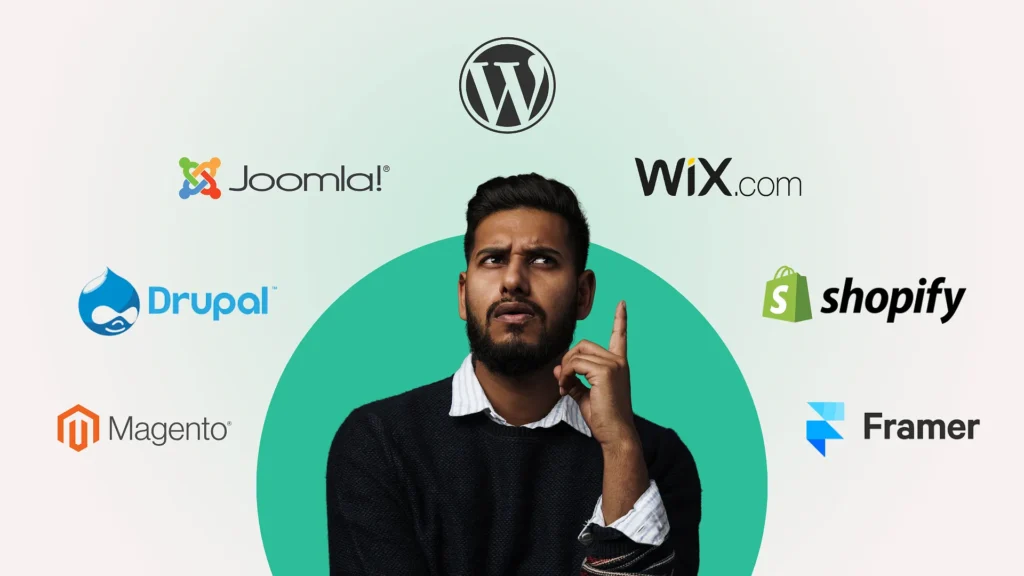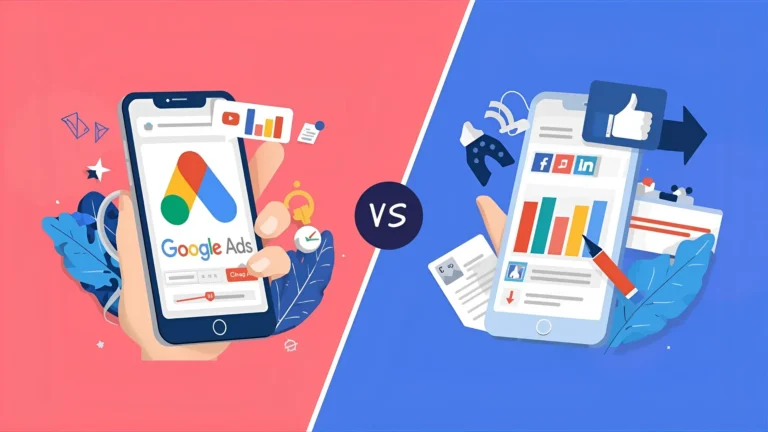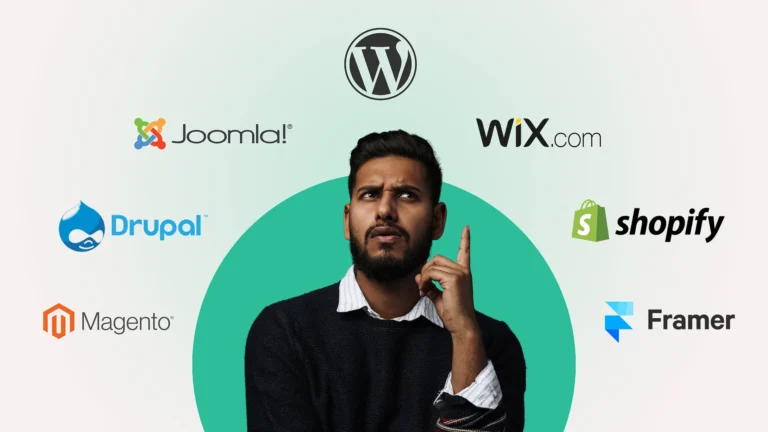Selecting the right Content Management System (CMS) is one of the most critical decisions a business can make when building or redesigning a website. At our digital marketing agency, we often compare choosing a CMS to selecting the foundation of a building—it sets the tone for scalability, performance, and long-term success.
With an overwhelming number of CMS platforms available and each offering unique features, the challenge lies not in finding options but in identifying the right one for your business goals.
In this guide, we break down the essential factors every organization should consider before investing in a CMS.
What Exactly Is a CMS (and Why Does It Matter)?
A Content Management System is software that allows you to create, organize, and publish digital content—often without requiring in-depth technical knowledge. For businesses, it acts as the command center for your digital presence.
Your CMS determines how you:
- Publish articles
- Manage visual assets
- Update landing pages
- Edit product information
- Control user permissions
The right CMS enhances productivity, streamlines management, and delivers a seamless experience for both your team and your audience.
Key Factors to Consider When Choosing a CMS
1. Ease of Use
Your team should be able to manage content efficiently without constantly leaning on developers.
Ask:
- Is the interface user-friendly?
- Will your marketing team be able to make updates independently?
- Does it offer drag-and-drop features or pre-built layouts?
User-friendly platforms like WordPress, Wix, or Squarespace make life easier, while enterprise-level systems often require technical onboarding.
2. Customization & Flexibility
Your CMS must support your current branding and future ambitions.
Consider:
- Can design and layout be personalized?
- Are plugins, modules, or integrations readily available?
- Does it offer developer-level customization for advanced features?
WordPress excels with plugins, while options like Contentful (headless) offer deep customization for complex enterprises.
3. Scalability
As your business grows, your website’s CMS should grow with you.
Look for:
- Ability to handle traffic surges
- Support for expanding content libraries
- Optimized performance under pressure
Drupal and headless CMS platforms tend to be highly scalable for businesses planning rapid expansion.
4. Security Features
Security should never be an afterthought.
Ensure your CMS provides:
- Regular updates and security patches
- Role-based access controls
- SSL support
- Compatibility with security plugins or firewalls
Enterprise solutions often excel in built-in security, while open-source platforms require additional security hardening.
5. SEO Functionality
Your CMS influences how well your website ranks.
Check for:
- SEO-ready URL structures
- Editable meta tags
- Mobile responsiveness
- Page speed optimization
- Integration with SEO plugins or tools
WordPress stands strong here thanks to plugins like Yoast and Rank Math.
6. Cost & Budget Considerations
Budget plays a major role in selecting the right platform.
Account for
- One-time setup costs
- Monthly/annual platform fees
- Plugin/extensions charges
- Themes/templates
- Hosting (if applicable)
- Ongoing maintenance
Self-hosted platforms may start cheap but can require additional add-ons. SaaS CMS solutions bundle hosting but include recurring fees.
7. Support & Community
When scaling operations or troubleshooting issues, support is crucial.
Evaluate:
- Is customer support available 24/7?
- Are tutorials and documentation accessible?
- Does a strong user community exist?
A large support ecosystem helps reduce downtime and accelerates problem resolution.
Popular CMS Platforms and Who They’re Best For
|
CMS |
Best For |
|---|---|
|
WordPress.org |
Blogs, small-medium businesses, flexible solutions |
|
Shopify |
Ecommerce brands |
|
Wix / Squarespace |
Portfolios & simple business sites |
|
Drupal |
Complex enterprise-level websites |
|
Joomla |
Tech-savvy businesses needing versatility |
|
Contentful / Headless CMS |
Multichannel content, custom digital experiences |
How to Decide: Strategic Questions to Ask
Before choosing a CMS, our agency encourages businesses to ask:
- What is the main purpose of your website?
- Who will manage and update your content?
- Do you need multilingual support, automation, or custom integrations?
- What’s your budget for setup, design, and long-term maintenance?
- Do you want full customization or prefer template-driven design?
- Are you expecting major growth in traffic or content?
Final Thoughts
Your CMS is more than a backend tool—it’s a long-term investment that drives your digital presence. Choosing the right one ensures efficiency, supports future growth, and helps your business deliver exceptional user experiences.
If your organization is unsure which CMS best aligns with your website goals, our agency can help evaluate options and recommend the most suitable platform based on your needs. Just contact us and we are happy to help you to select the best CMS aligns to your need.





